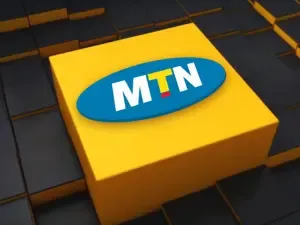Ghana, which is officially known as the republic of Ghana is a country in West Africa.
It was connected to the World Wide Web within two years after the first mobile network went into operation in 1992.
Today, Ghana has about 19 million unique mobile customers, or 67 percent of the population, which is significantly higher than the Sub-Saharan Africa average of 44 percent.
Despite internet access availability in the country, the high increase in data tarrifs might force a sizable segment of the population out of the digital economy.
MTN Ghana, the leading provider of mobile telecommunications in the country, in their efforts to help Government minimize the effects of COVID 19 provided free internet access to over 100 educational sites accross the country for private and public schools. The package, which aims to promote e-learning, continuosly allow students and teachers to access free content from over 100 educational websites. More than 15 tertiary institutions have access to 62 websites, while Senior High Schools and Basic Schools profit from approximately 38 sites. Overall, this bundle serves over 245,134 consumers, who consume more than 3,493 GB of data per day for education reasons.
This means that, Ghanaians can access these websites for free without data. These websites are known as zero-rated websites.
Zero-rating according to Google is a technique where internet service providers (ISPs) allow consumers to utilize a specific website without charging their internet data plan. All zero rated websites come with limited bandwidth which ranges from 50MB to 1GB and upwards.
Here is a list of zero-rated websites in Ghana 2024:
Today, config creators are able to use internet language belonging to the TCP/IP family to intercept the ISPs network into believing they are actually using zero rated websites with no data but in reality with the aid of tunneling apps are able to make these internet packets or data packets to run on their whole device.
Note: it's important to note that attempting to bypass data restrictions or engage in activities that violate the terms of service of ISPs may be against the law and can result in consequences such as service termination or legal actions.


